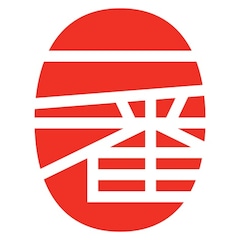A 13-Point Guide to Japanese Alcohol
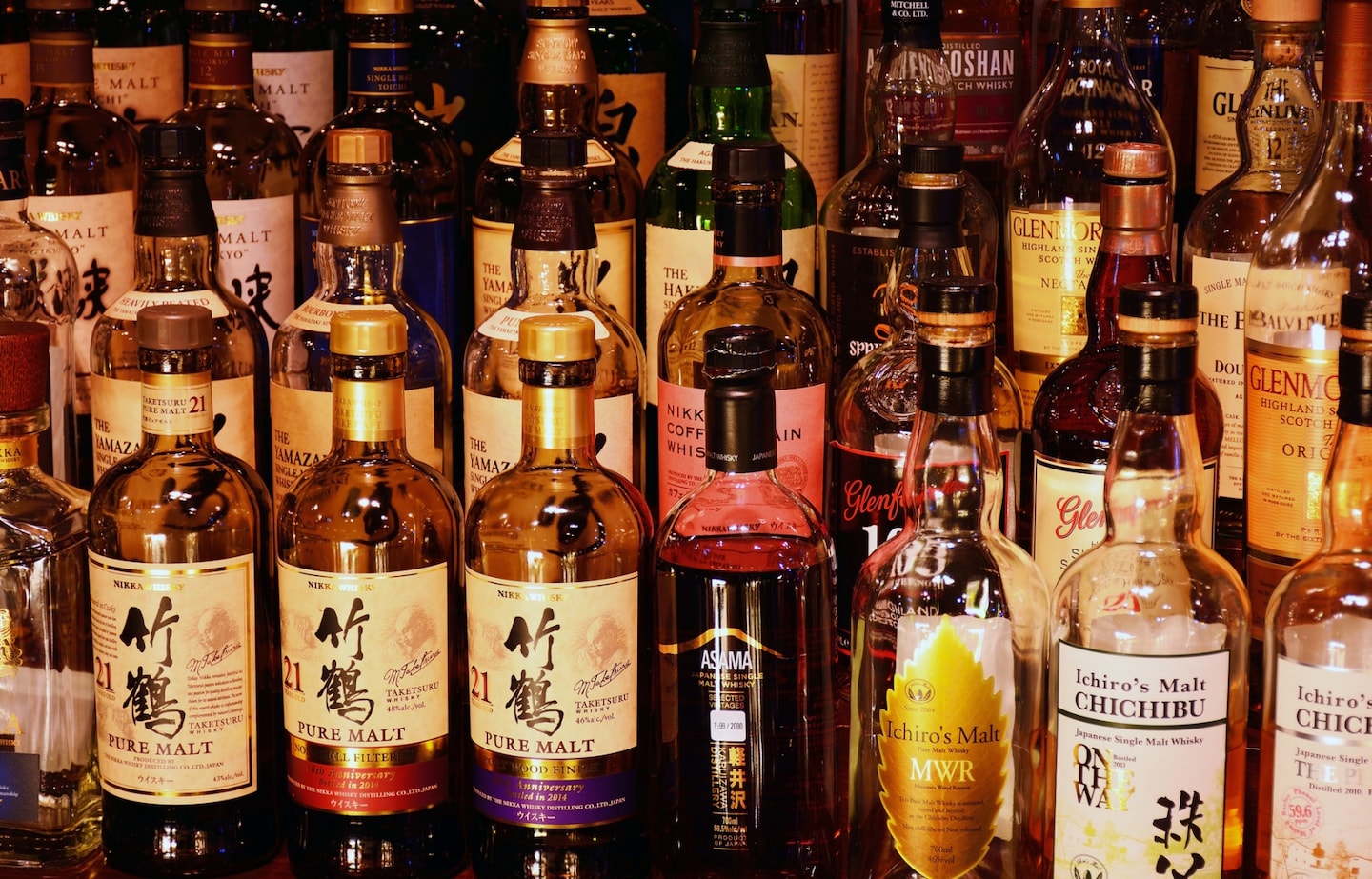
Japan has a broad array of alcoholic drinks—some obvious, some a little surprising. Here we'll navigate you through the fundamentals!
By NIHON ICHIBAN13. Yuzushu
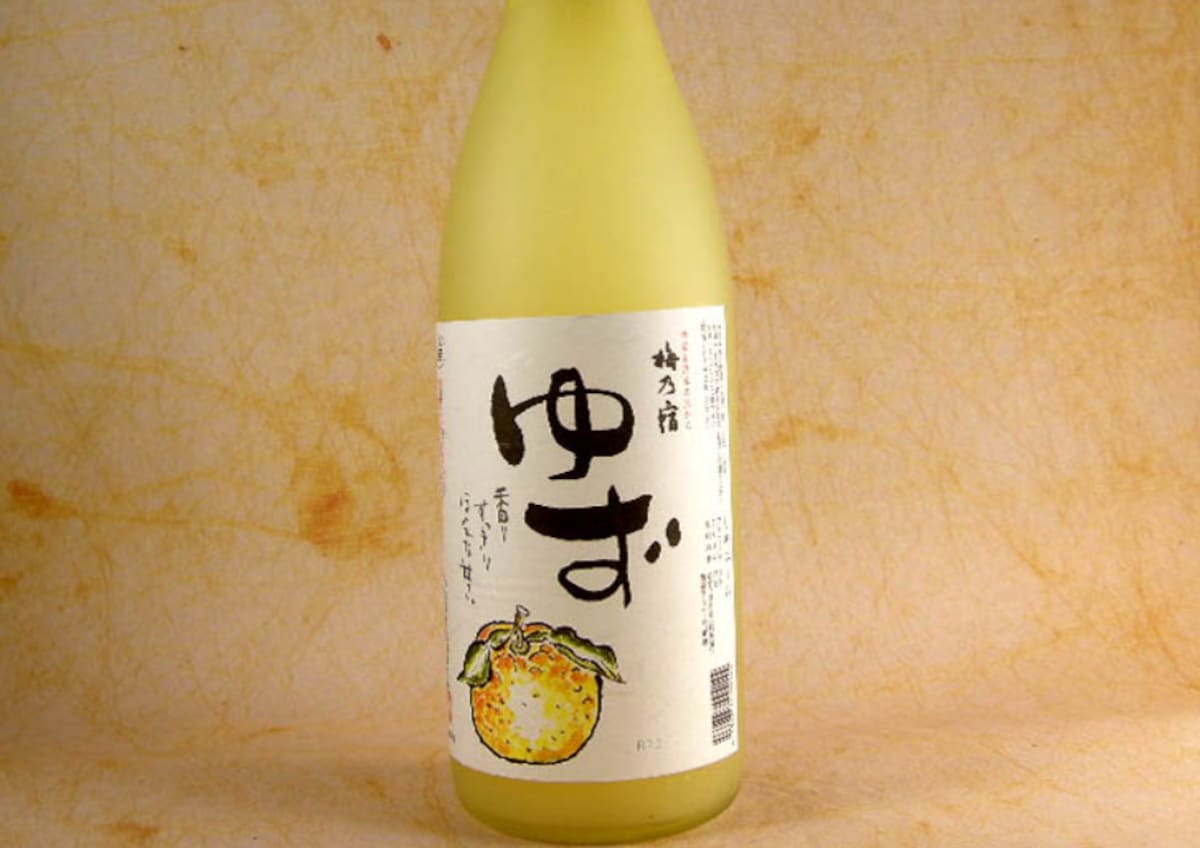
http://item.rakuten.co.jp/syuraku-shop/47567/
Yuzushu is a liqueur made of a base alcohol such as shochu (see below) or sake and the juice and/or peel of a Japanese yuzu citrus. It's popular in winter after the yuzu season and available at many izakaya (Japanese-style pubs). There are few brands of yuzushu that differ in the level sweetness, fruitiness and bitterness derived from the peel.
12. Amazake
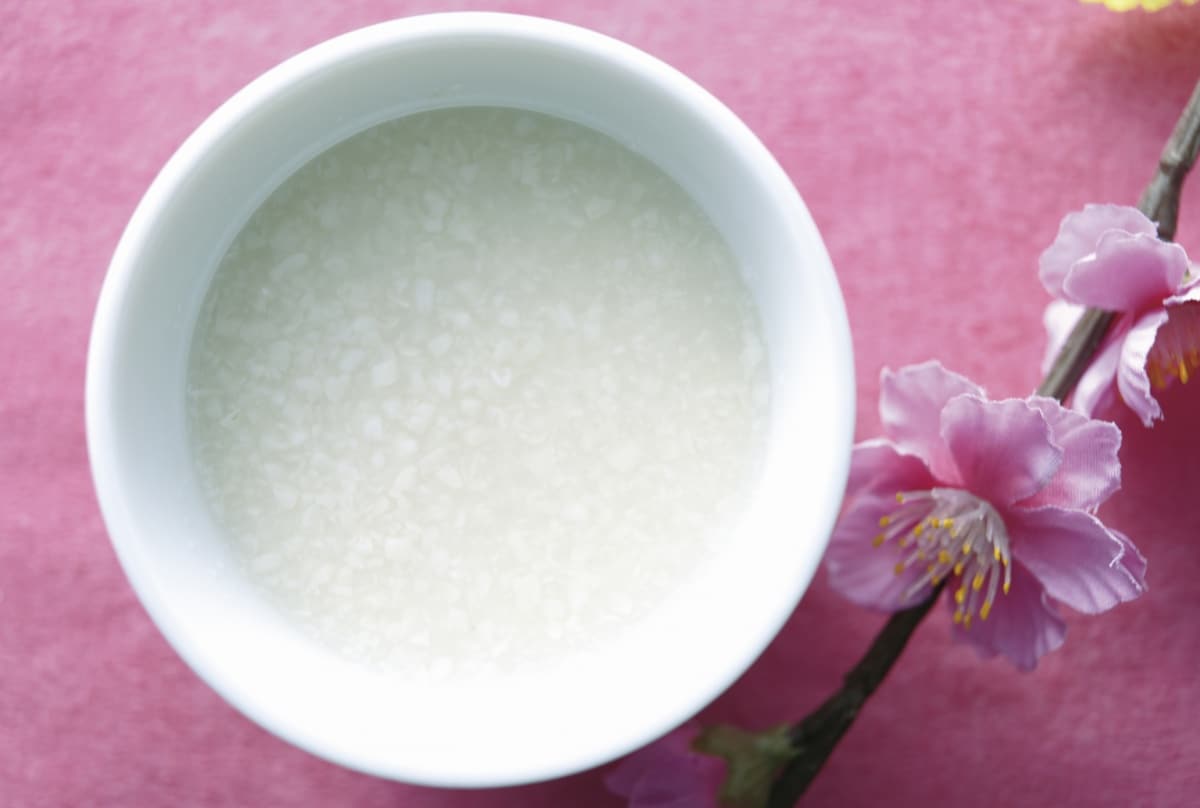
Amazake is a traditional low-alcohol drink made from fermented rice. Amazake is typically consumed warm, making it a popular drink for street vendors at tourist spots in the winter. It has a sweet flavor and a dull and chunky consistency.
11. Hoppy
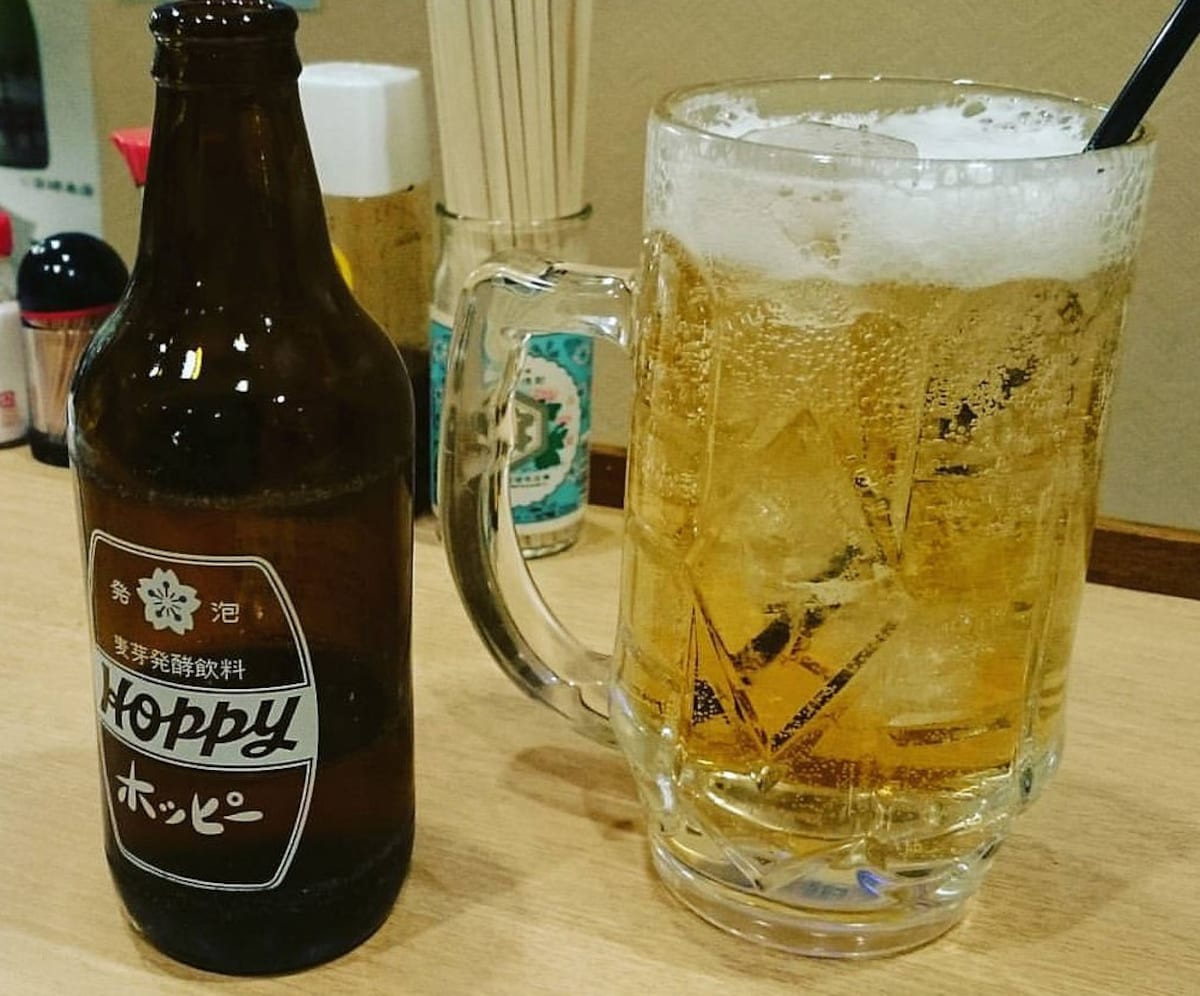
Hoppy is a very popular, beer-flavored, non-alcoholic drink. It can be drunk as-is, but it's also very popular to mix Hoppy with shochu (see below). When you order Hoppy, many izakaya pubs will automatically serve it together with some shochu since the mix is also referred to simply as "Hoppy."
10. Momoshu
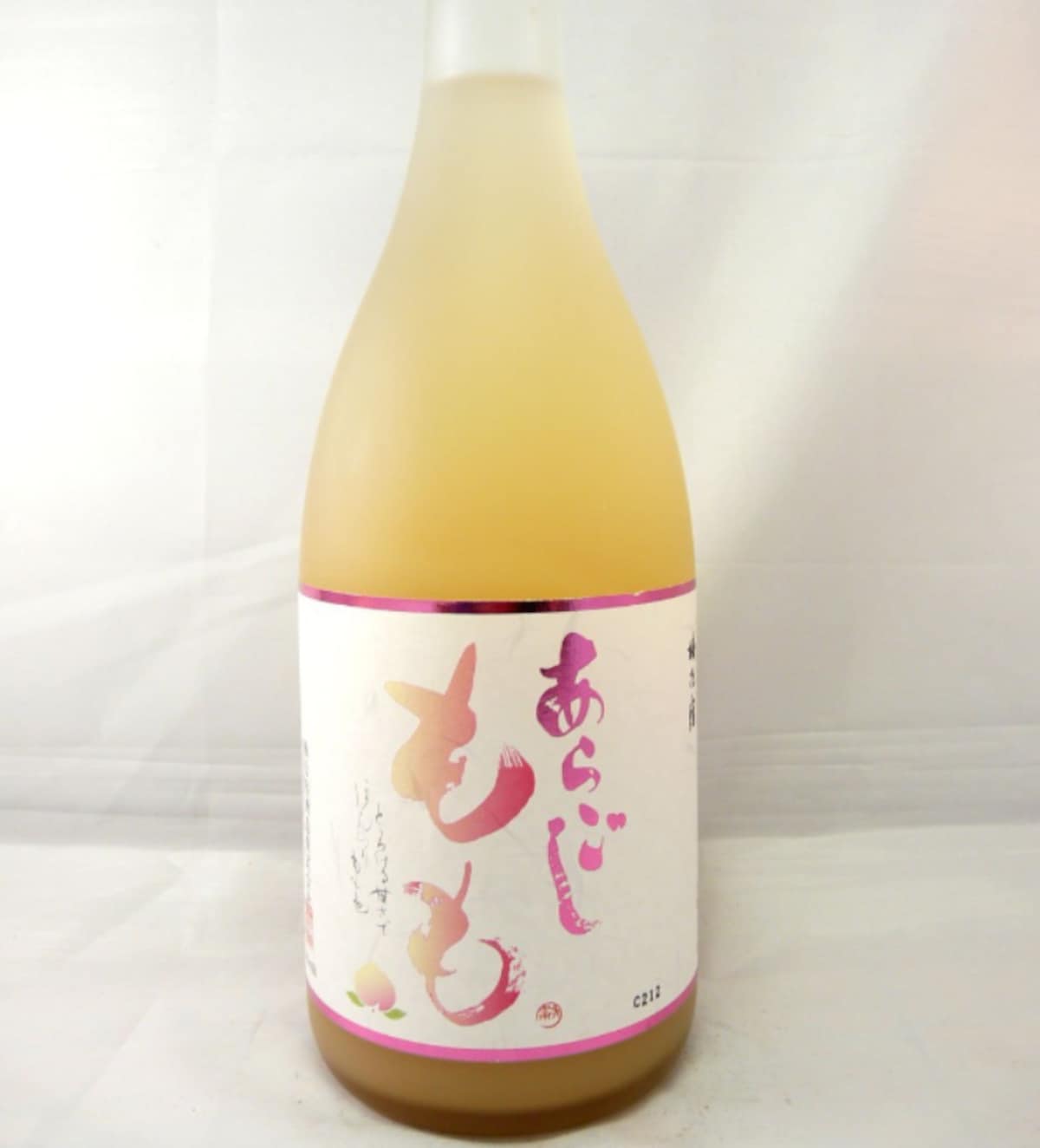
http://amzn.asia/9OcIfKo
Momoshu is a peach liqueur. It has around 9 percent alcohol and is made by adding peach juice and rock sugar to a base alcohol such as shochu, sake or neutral white liqueur. It's mainly available at izakaya, and predominantly popular with young women.
9. Happoshu
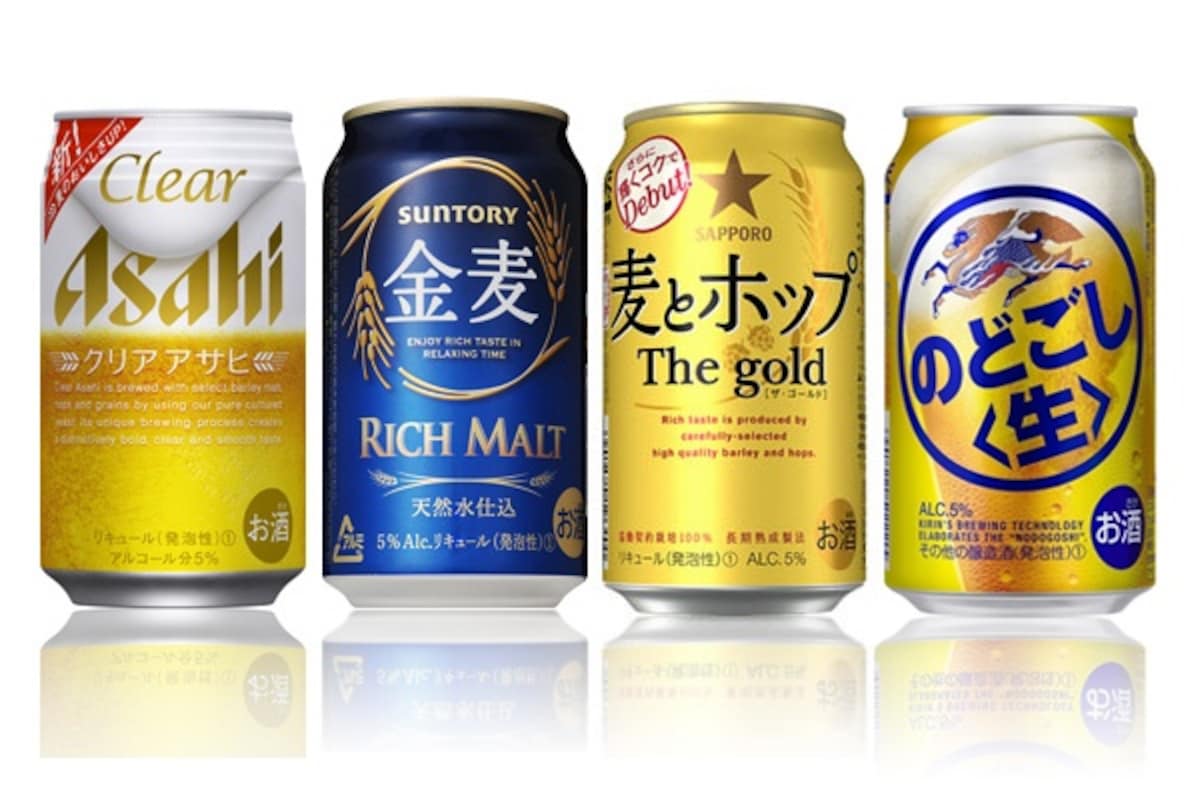
http://global.rakuten.com/en/store/izmic-ec/item/900020-01/?s-id=borderless_recommend_item_en
Happoshu is a low-malt beer that's popular due its low price. The lower malt content reduces the alcohol tax, since it's not technically classified as a beer. Happoshu is mainly sold in supermarkets and convenience stores, and is seldom found in restaurants. This might be related to the perception that the flavor is not as good as that of a “real” beer.
8. Chuhai
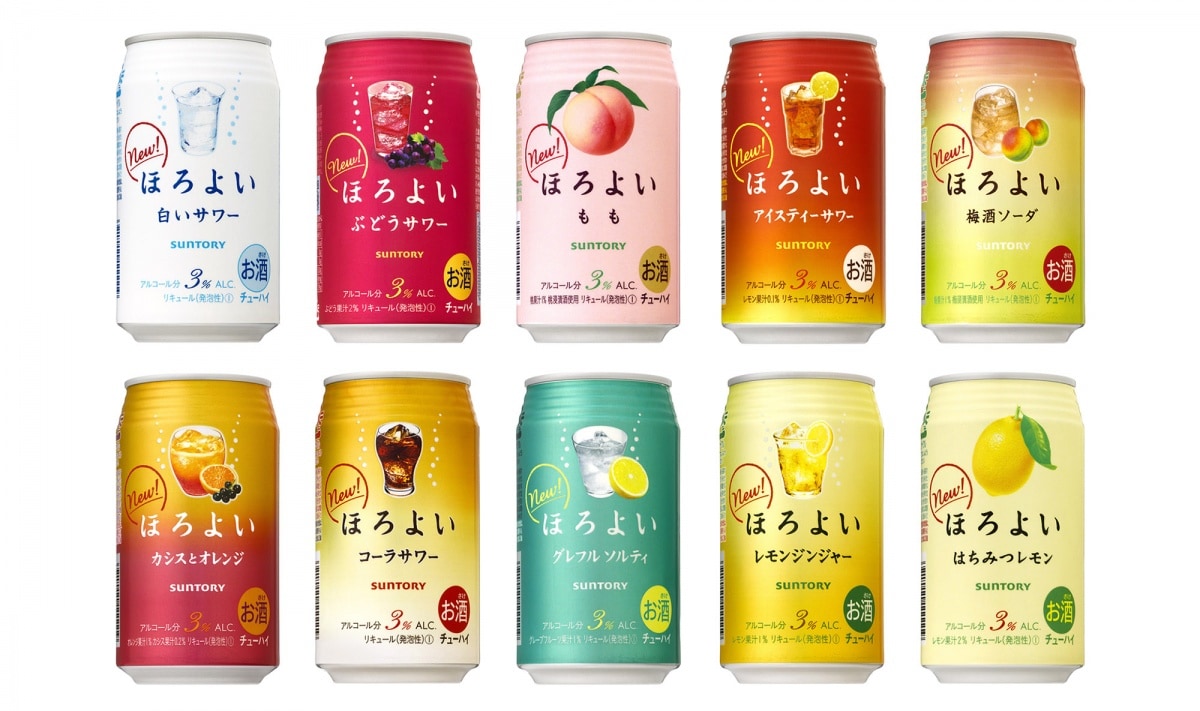
http://www.suntory.co.jp/news/article/12499.html
Chuhai (or Chu-Hi) is an abbreviation for shochu highball, and was originally a mixed drink of shochu (see below) with soda and lemon juice. It became very popular as a canned alcoholic beverage, with many different flavors of fruits and teas. Chuhai are also served at many izakaya pubs. The alcohol content for the canned version ranges from around 3 percent to 9 percent, whereas it depends on the individual mix of alcohol and soda for each restaurant.
7. Sour
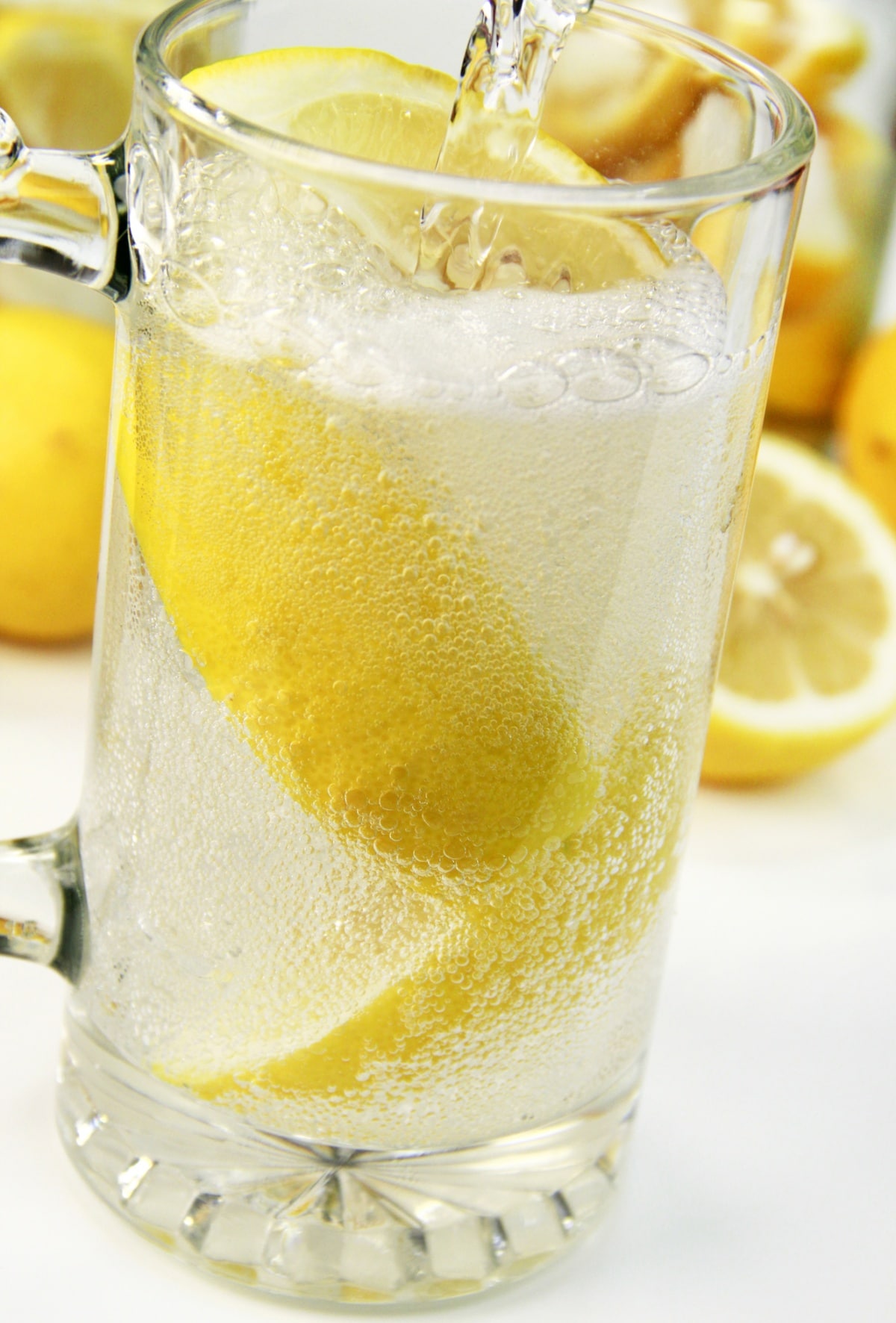
"Sour" (or sawaa) is basically the name of a chuhai at an izakaya, consisting of shochu, soda and fruit juice or syrup. The better restaurants serve a glass of shochu and soda together with fresh fruit and a squeezer. You then squeeze your fruit and add as much juice to the drink as you like. In some places you can even re-order just fruit or shochu soda to top up.
6. Beer
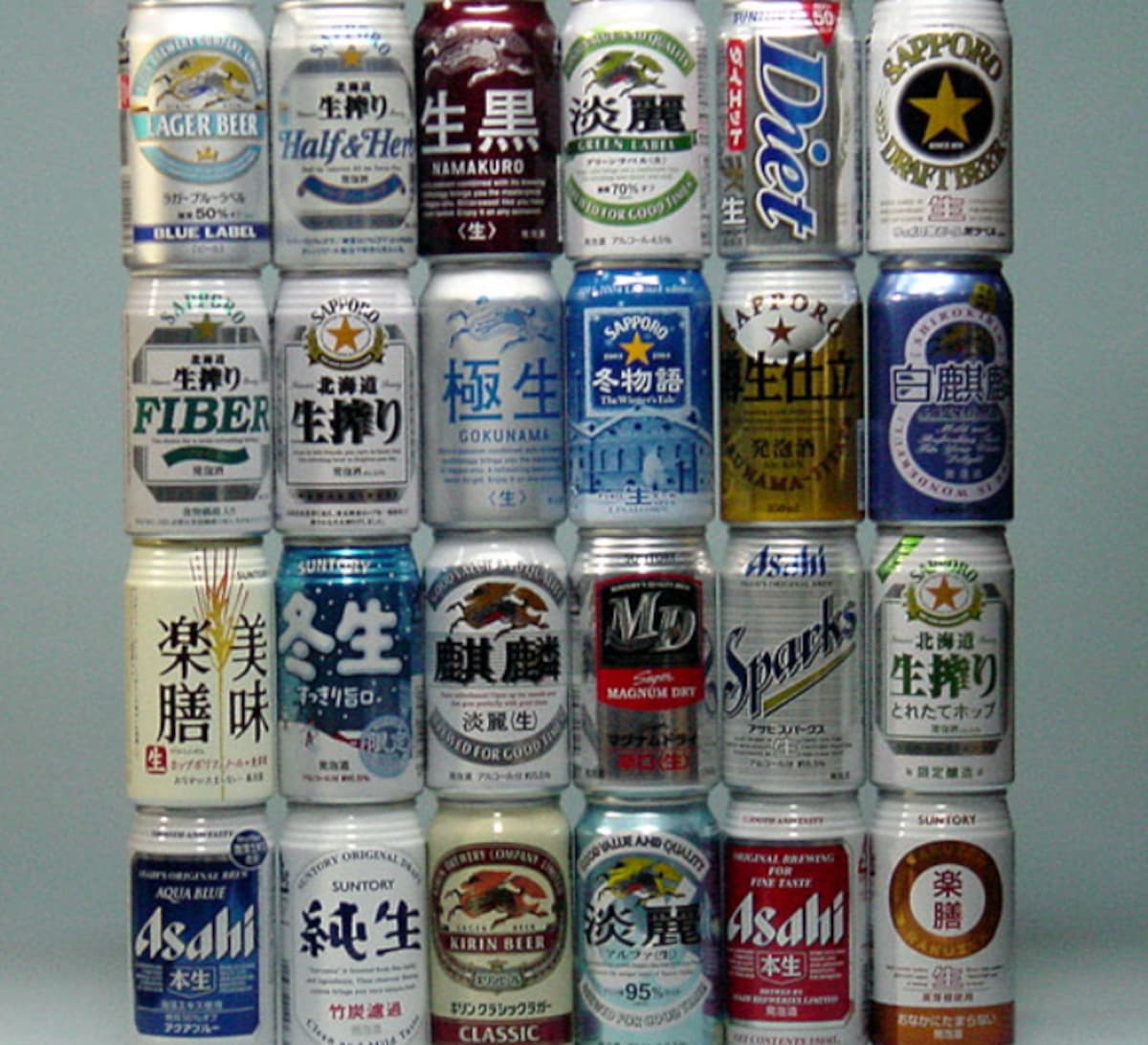
http://item.rakuten.co.jp/murai/c/0000000160/
Beer is the most popular alcohol in Japan, accounting for roughly one third of alcohol consumption. Four large companies dominate the domestic beer market, with a broad range of individual brands such as Asahi Super Dry, Kirin Ichiban Shibori, Suntory Malts or Sapporo Black Label. The number microbreweries has increased in recent years, however, resulting in a growing offering of regional alternatives to the big beer brands.
5. Awamori

Awamori is a distilled alcohol from the island of Okinawa. The production process is similar to that of shochu (see below) but it uses rice from Thailand and a different fermentation mold. The alcohol ranges from 25 percent to 43 percent. Matured awamori is called kusu, which has aged for a minimum of three years. In fact, awamori can age up to 25 years!
4. Whisky
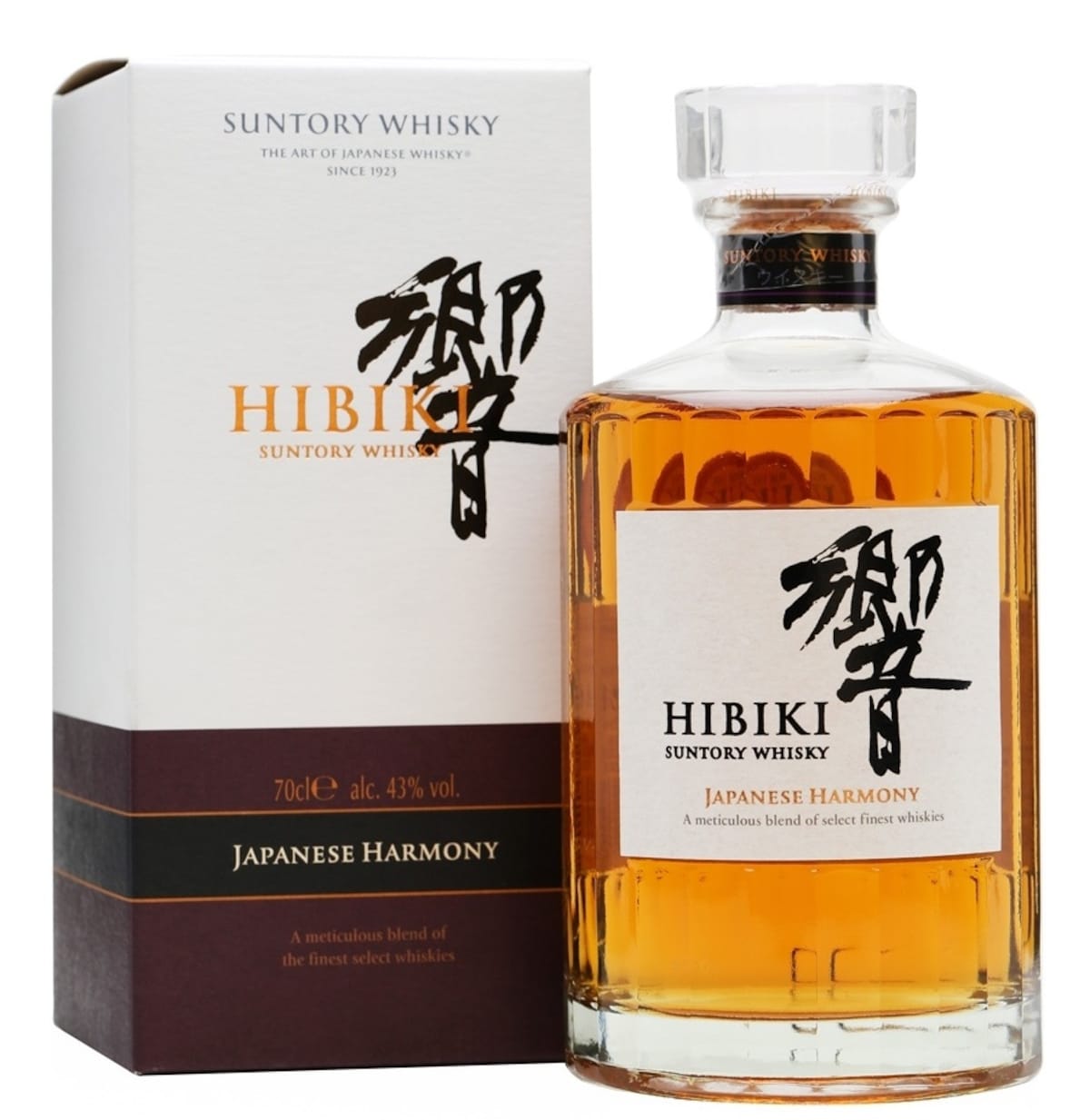
http://anything-from-japan.com/hibiki-japanese-harmony
Japanese whisky is starting to be better known through large brands such as Yamazaki and Nikka, particularly through their blended whiskys. But Japan is also the world's second-largest producer of single malt whiskys, and there are many small distilleries producing exquisite and distinguished whiskeys hardly known to the international public.
3. Shochu

http://anything-from-japan.com/black-sesame-shochu-720ml
Shochu is a distilled alcohol most often made from barley or sweet potato originating from southern Japan. It's consumed on ice, with hot water, or mixed with fruit juices or tea. There are hundreds of different shochu brands, and some izakaya are proud of listing a huge selection on their menus. Shochu typically has an alcohol content of about 25 percent, and might be compared to a light vodka.
2. Umeshu (Plum Wine)
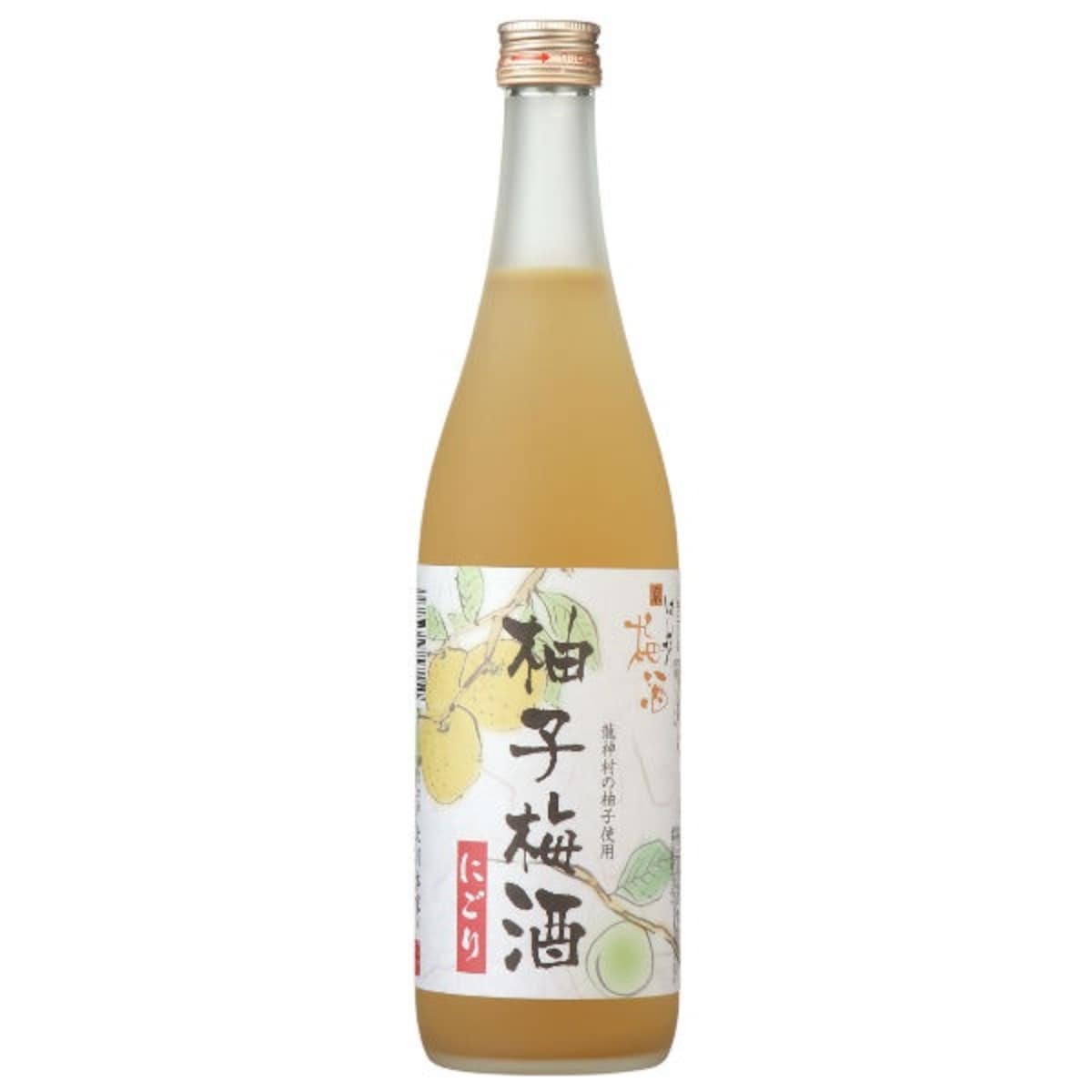
http://anything-from-japan.com/nigori-yuzu-umeshu-plum-wine-720ml
Umeshu is one of the most popular Japanese liqueurs. With a very sweet, almost syrupy flavor, it's made by soaking Japanese plums and sugar in a base alcohol such as sake (though other options are also possible) for a period of several months. Green tea, limes or other ingredients may be added as well—which helps to explain the huge variety of more than 300 brands of umeshu you can find all over Japan.
1. Sake
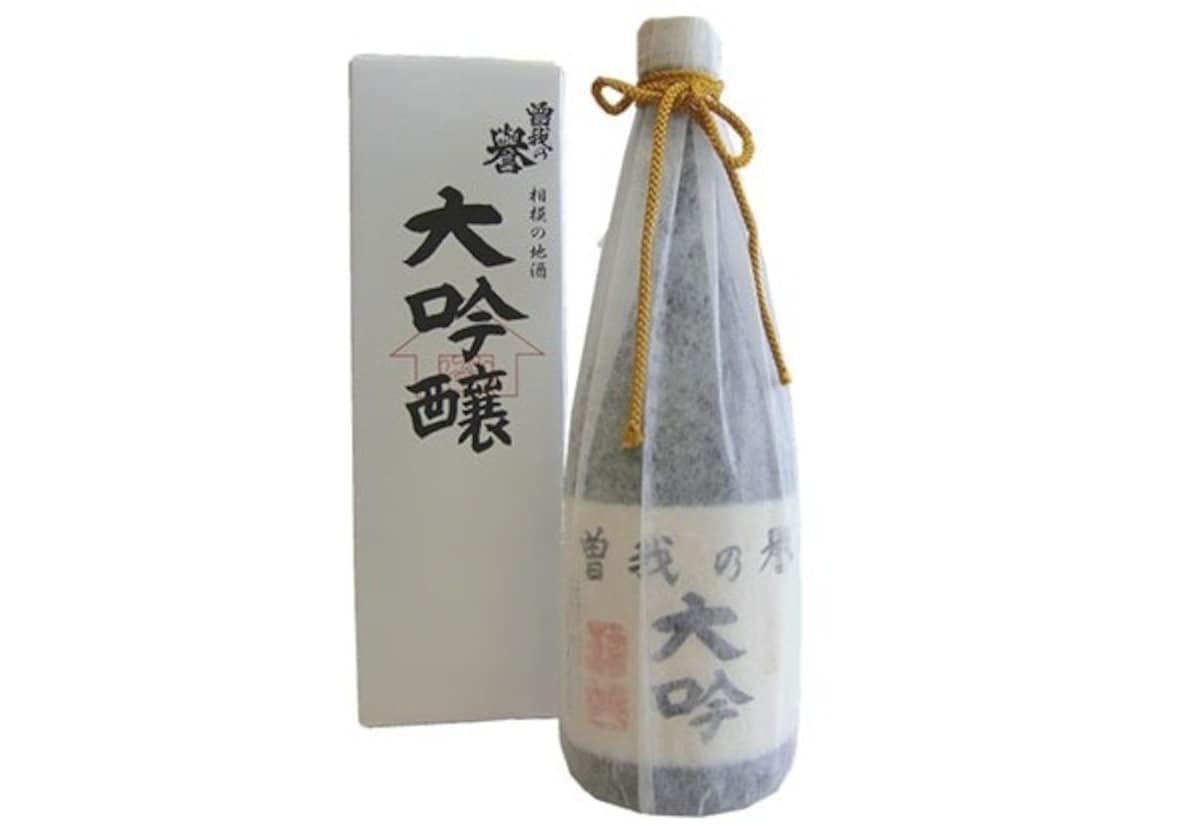
http://anything-from-japan.com/soga-no-homare-daiginjou-720ml?___store=default&nosto=nosto-page-search1
What else could be at the top of this list? Sake probably is the best-known Japanese drink in the world. You can drink it cold or warm, and there are hundreds of different brands from hundreds of breweries spread out across the country, each with their own unique quality and flavor.
And now that we're done, we need only say kanpai! (Cheers!)


